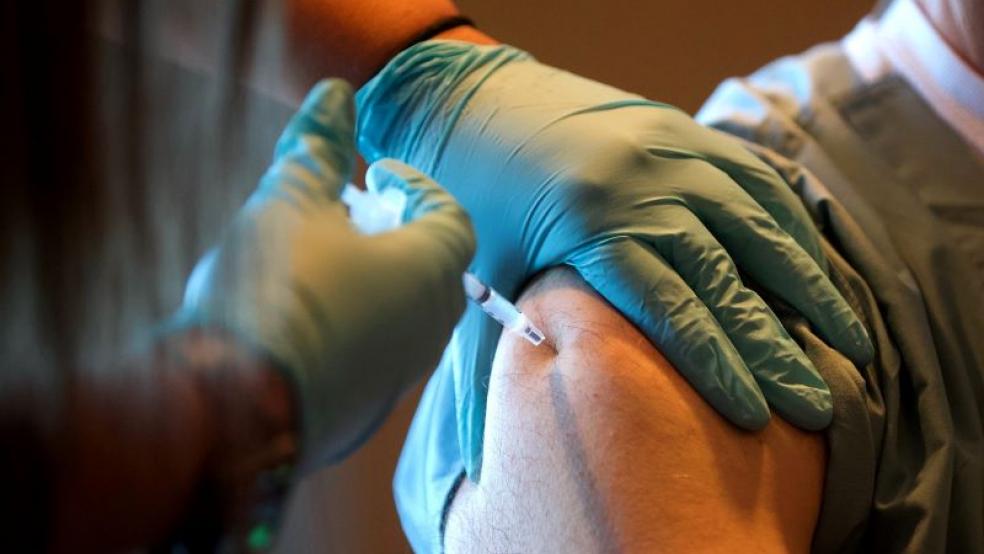The U.S. Department of Veterans Affairs announced Monday that employees who provide medical care will now be required to be vaccinated against Covid-19, the first time a federal agency has made such a decision. Starting Wednesday, frontline workers will have eight weeks to get their shots, and those who fail to meet the requirement will face penalties, including possible job loss.
VA Secretary Denis McDonough told The New York Times that his main goal is to protect the people in the agency’s care. “I am doing this because it’s the best way to keep our veterans safe, full stop,” he said. The VA runs the biggest health care system in the country and is one of the largest federal employers.
A growing movement: The VA’s announcement came on the same day that more than 50 medical organizations – including the American Medical Association, the American College of Physicians and the American Nurses Association – called on health care organizations to impose vaccine mandates.
“Because of highly contagious variants, including the Delta variant, and significant numbers of unvaccinated people, COVID-19 cases, hospitalizations and deaths are once again rising throughout the United States,” the group said in a collective statement. “Vaccination is the primary way to put the pandemic behind us and avoid the return of stringent public health measures. ... We call for all health care and long-term care employers to require their employees to be vaccinated against covid-19.”
Also on Monday, officials in New York City and the state of California announced new Covid-related rules for workers. As of Labor Day, all 350,000 city employees must be vaccinated or start getting testing on a weekly basis. The same rule goes into effect in August in California, and includes all health care workers as well.
“Too many people have chosen to live with this virus,” California Gov. Gavin Newsom told reporters Monday. “We’re at a point in this pandemic where individuals’ choice not to get vaccinated is now impacting the rest of us, and in a profound and devastating and deadly way.”
Resistance to vaccinations: The more aggressive push for vaccinations comes amid rising case counts in many parts of the country, especially in areas with low vaccination rates. A substantial percentage of the U.S. population is resisting getting vaccinated, and health officials are growing increasingly frustrated, especially as more people get sick.
“The reality ... is that the new infections, hospitalizations and deaths are almost exclusively among the unvaccinated,” Mollyann Brodie of the Kaiser Family Foundation told The Washington Post.
Many unvaccinated people say they have no plans to become vaccinated. According to an Associated Press-NORC Center for Public Affairs Research poll released last week, 35% of those who have not been vaccinated say they probably will not take the vaccine, while 45% say they definitely will not.
“We always knew some proportion of the population would be difficult to persuade no matter what the data showed,” Dr. Amesh Adalja, an infectious disease specialist at Johns Hopkins University, told the AP, adding that “a lot of people are beyond persuasion.”




